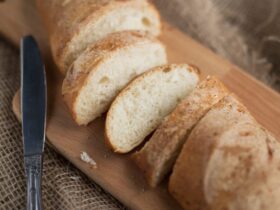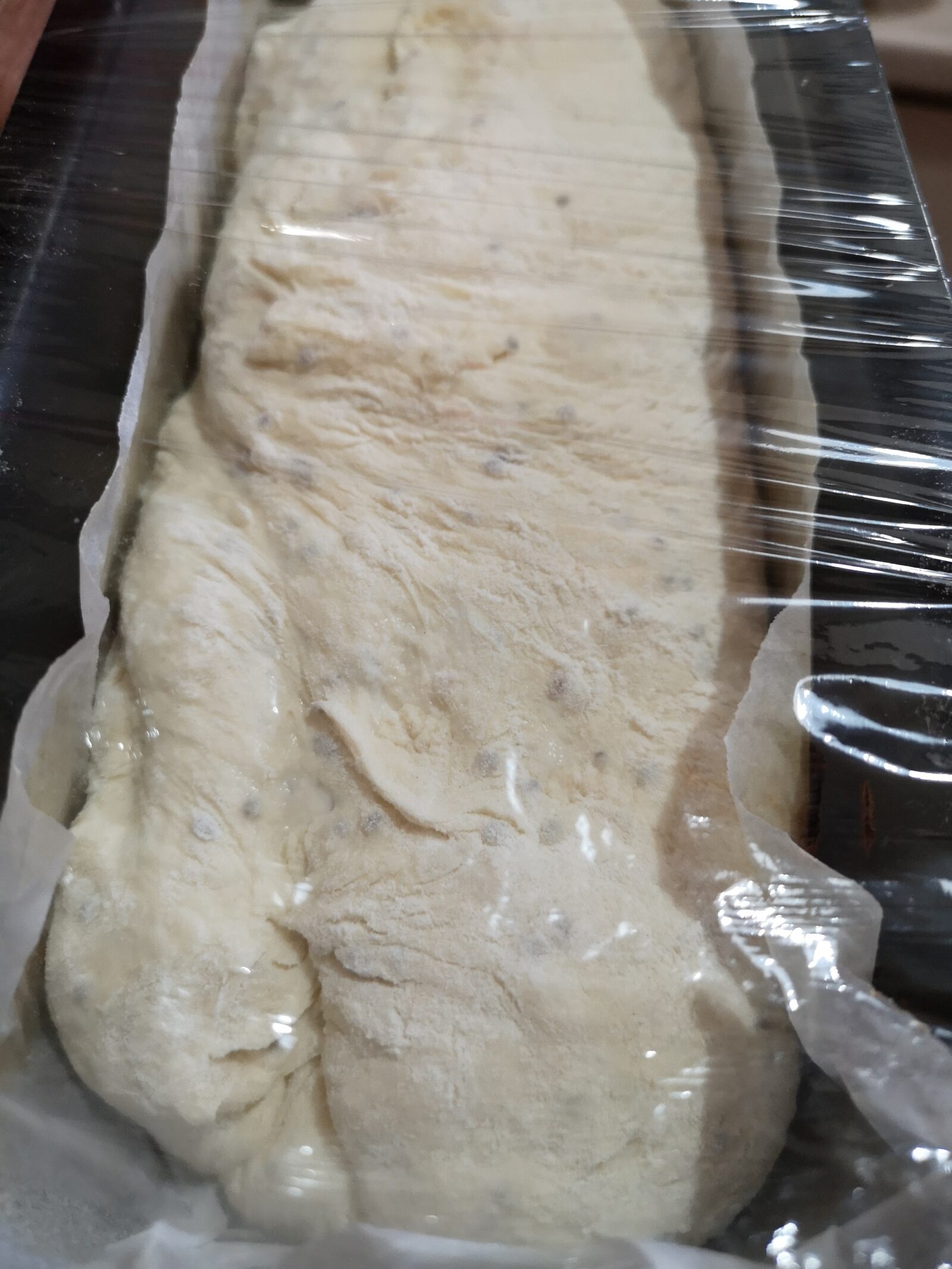While storing dough can be a convenient and cost-effective option for home cooking, it is important to understand its shelf life to ensure that it is safe to consume. Dough is a versatile mixture that can be used to make a variety of baked goods. But how long does it last? Dough can stay on the counter for up to three hours, in the fridge for up to three days, and in the freezer for up to four months.
How Long Does the Dough Last on the Counter?
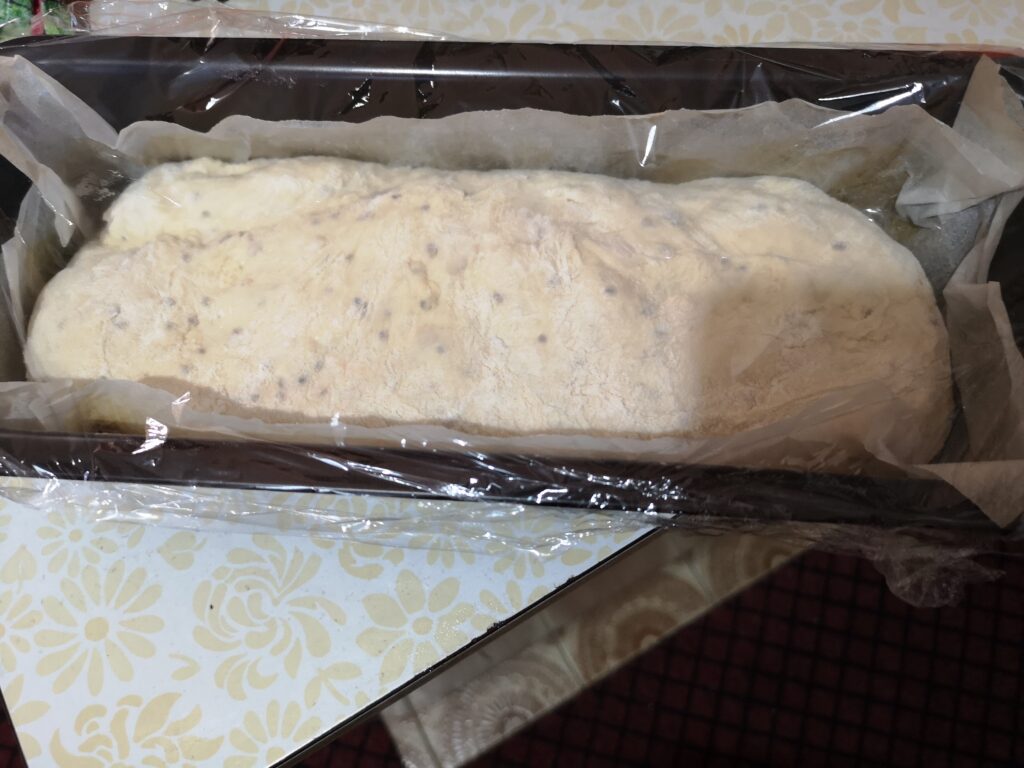
Raw dough can last for 2-3 hours on the counter before it starts to become dry and loses its structure. This is because the warm temperatures of the counter can cause the dough to rise and become more active, which can shorten its shelf life.
On the other hand, dough made with perishable ingredients such as milk or eggs, should not be left out on the counter for more than an hour. This is because the warm temperatures can encourage the growth of foodborne bacteria, which can make the dough unsafe to eat. It is important to handle raw dough carefully and keep it chilled to prevent the risk of bacterial contamination.
How Long Does the Dough Last in the Fridge?
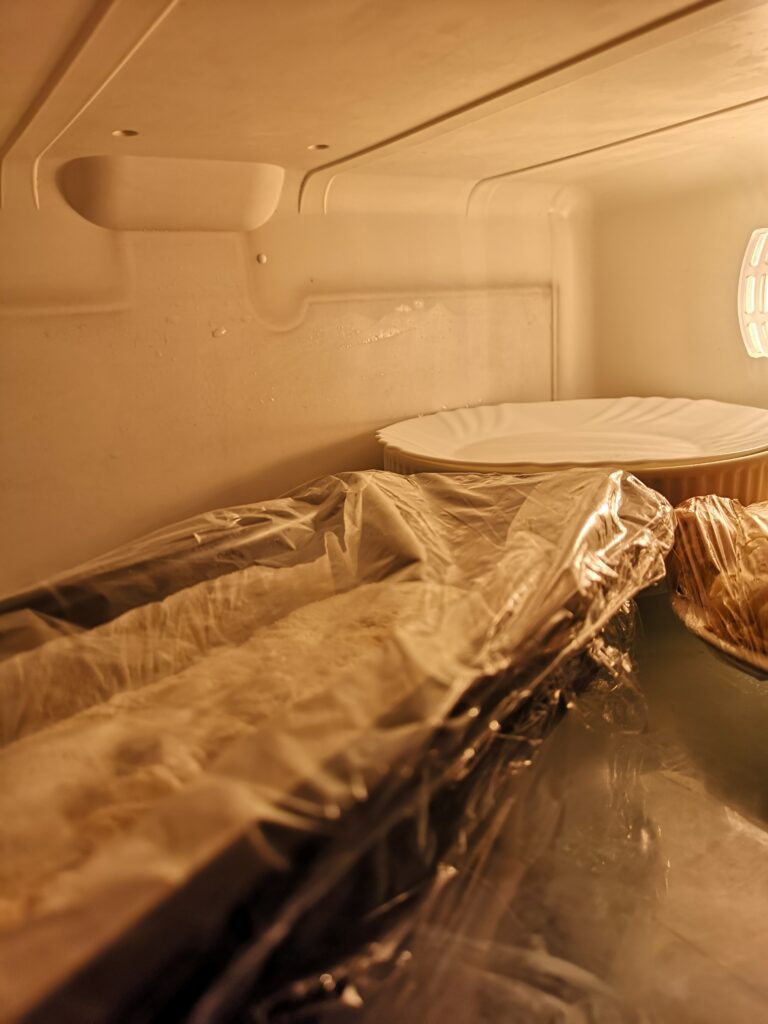
Raw dough can be stored in the refrigerator for up to three days before it begins to go bad. The cold temperatures of the fridge help to slow down the activity of the yeast, extending the viability of the dough.
It is vital to use caution when storing raw dough that includes perishable ingredients (milk, eggs, etc.). These types of dough should be used within one to two days of being stored in the fridge to avoid the risk of spoilage.
How Long Does the Dough Last in the Freezer?
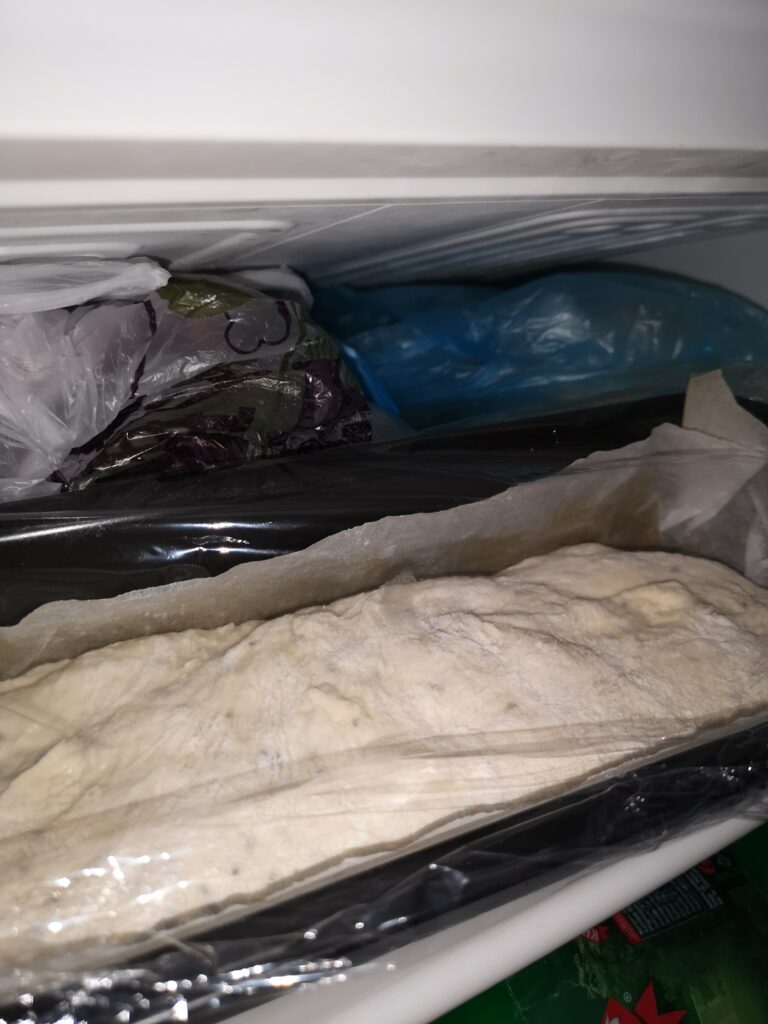
Freezing dough is the best way to preserve it for future use. Basic dough can last for up to four months in the freezer with minimal impact on the quality of the dough.
If the dough contains perishable ingredients, it is best to use it within a month. When freezing dough, it should be kneaded and allowed to go through the first rise as normal. After that, the dough can be shaped and placed into an airtight container or freezer bag, before being placed in the freezer. When baking with frozen dough, the dough should be defrosted, allowed to proof, and then baked as usual.
The Importance of Good Wrapping and Storage for Dough
You must properly wrap your dough to ensure that it stays fresh and retains its quality. When dough is left unwrapped or stored in a container that is not airtight, it can become dry and lose its structure. This will massively impact the quality of the end product.
Proper wrapping/storing of the dough can help maintain the dough’s moisture and texture. For example, wrapping dough tightly in plastic wrap or aluminum foil can help to prevent it from drying out, while storing the dough in a resealable bag can help to keep it fresh and prevent contamination.
Tips for Storing Dough Properly
Storing your dough properly is essential to ensure the best results when baking. Here are some tips to help you store dough properly:
- Use an airtight container or plastic bag to store dough in the fridge or freezer.
- Make sure to label the dough with the date it was made, and be mindful of its expiration date to ensure that it is still safe to consume.
- When using frozen dough, allow it to come up to room temperature and rise before baking.
- Check the dough regularly to ensure that it has not gone bad or over-proofed.
- Try to bake with fresh dough when possible for the best results.
Final Words
As a general rule, dough stored on the counter should be used within three hours, in the fridge within three days, and in the freezer within four months. Proper storage is essential for ensuring the best results when baking, so be sure to follow these guidelines. Be sure to check out our other sourdough tips.
As always, thanks for reading and be sure to keep your kitchen hot and salty!



